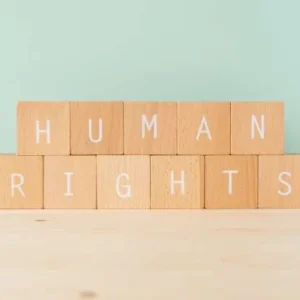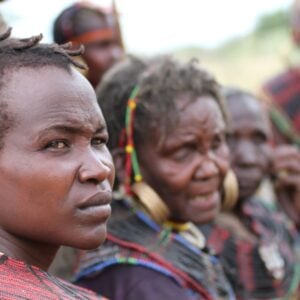Last week, Bangladesh’s International Crimes Tribunal (ICT) formally submitted charges in two cases related to alleged abuses at the Task Force for Interrogation Cell and the Joint Interrogation Cell, including crimes against humanity. Arrest warrants were issued for several former military officers, including ex-Directors-General of the Directorate General of Forces Intelligence (DGFI) and former officials of the Rapid Action Battalion (RAB). The Bangladesh military also announced the detention of over a dozen officers accused of serious crimes under the previous administration.
High Commissioner Türk described the formal charges as a historic moment for victims and their families, marking the first time enforced disappearances have been prosecuted in the country. He urged authorities to uphold due process and fair trial guarantees, while ensuring the protection of victims and witnesses in these sensitive cases.
Bangladesh’s ratification of the Convention on Enforced Disappearances in August 2024 and the amendment of the International Crimes Tribunal Act now formally recognize enforced disappearance as a crime under domestic law. However, High Commissioner Türk emphasized that pending cases, some dating back to the previous administration ousted by mass youth-led protests last year, must also be addressed, and those arbitrarily detained should be released. During the protests, approximately 1,400 people, including many children, lost their lives, ultimately leading to the resignation of Prime Minister Sheikh Hasina.
An OHCHR fact-finding report found credible evidence of torture, arbitrary detention, and enforced disappearances that may constitute crimes under international law. The report’s key recommendation, echoed by High Commissioner Türk, calls for all responsible parties, regardless of rank, to face justice through fair and transparent proceedings. He also urged Bangladesh to suspend the use of the death penalty in these cases and initiate a comprehensive process of truth-telling, reparation, healing, and justice to prevent recurrence of past abuses.







